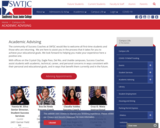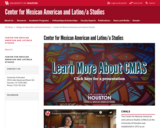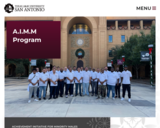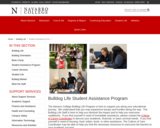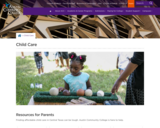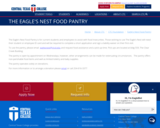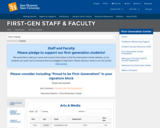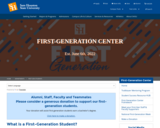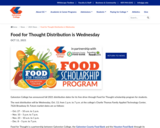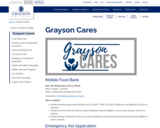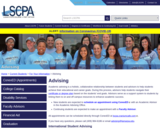Core features/target population
In Fall 2016, A&M-SA enrolled a cohort of 171 males of color, of which only 34, or 20%, graduated within 5 years, dovetailing national trends of lower minority male enrollment and graduation in higher education. As a result, the University launched AIMM in Fall 2021, a year-long program to increase the retention, graduation, engagement, and overall success of ethnic minority males on campus.
Participants are expected to increase their knowledge and skills in: time management, academic and leadership development, personal and professional branding, mental and physical health, financial literacy, and civic responsibility. AIMM's holistic approach cultivates a sense of belonging for participants, thus increasing their chances for educational success and future quality of life.
Goals and objectives
Learning Outcomes:
1. By actively participating in A.I.M.M., students will enhance their professional skills through public speaking, resume development, and personal branding.
2. As an A.I.M.M. participant, students will foster mentoring relationships with A&M-SA faculty and staff that contribute to their personal, academic, and professional development as student leaders.
3. A.I.M.M. identifies and utilizes academic-related resources and tools to support its member's academic performance in the classroom.
4. A.I.M.M. provides opportunities for participants to connect with campus resources, students, faculty, staff, administrators, and the San Antonio community by providing a holistic approach cultivating a sense of belonging.
5. Participating in service-learning projects, A.I.M.M. participants will recognize the importance of community service and civic responsibility through personal involvement and municipal engagement with A&M-SA and the San Antonio community.
A.I.M.M. participants will participate in initiatives to improve their health holistically. This includes but is not limited to students' physical, mental, emotional, social, and spiritual health and well-being.
7. As an A.I.M.M. participant, students will enter into a brotherhood bound by shared values, principles, attitudes, and beliefs.
8. A.I.M.M. will promote positive self-identity development by creating safe spaces for students to examine their own experiences and identities and to allow them to express it freely.
Initiative Pillars
Brotherhood
We define brotherhood as a network and/or group bounded by shared values, principles, attitudes, and beliefs. This brotherhood will challenge and empower their members positively and hold each other accountable.
Leadership
We define leadership in an individual and collective sense, as a person or group with the necessary qualities to be an example in multiple spaces. Leaders develop the ability to persevere and accept others' support and input to work cohesively towards a common goal with integrity.
College & Career Readiness
College and career readiness ensures that students are equipped with the translatable tools, skills, and abilities to succeed and excel academically. Students should be able to translate these skills and abilities into their chosen professional careers.
Health & Wellness
We define health and wellness as promoting healthy and holistic relationships amongst our students. Which includes, but it is not limited to, students' physical, mental, emotional, social, and spiritual health and well-being.
Identity
We promote positive self-identity development by creating safe spaces for students to examine their own experiences and identities and to allow them to express it freely.
DELIVERY FORMAT: The program is in-person only.
PROGRAM SCALE: Medium-scale (reaches between 10 and 25 percent of its target population)
DEPARTMENT(S) OVERSEEING PROGRAM: Cisneros Institute for Emerging Leaders
CONTACT FOR MORE INFO: Jarrick Brown at jbrown@tamusa.edu or (210) 784-1424
